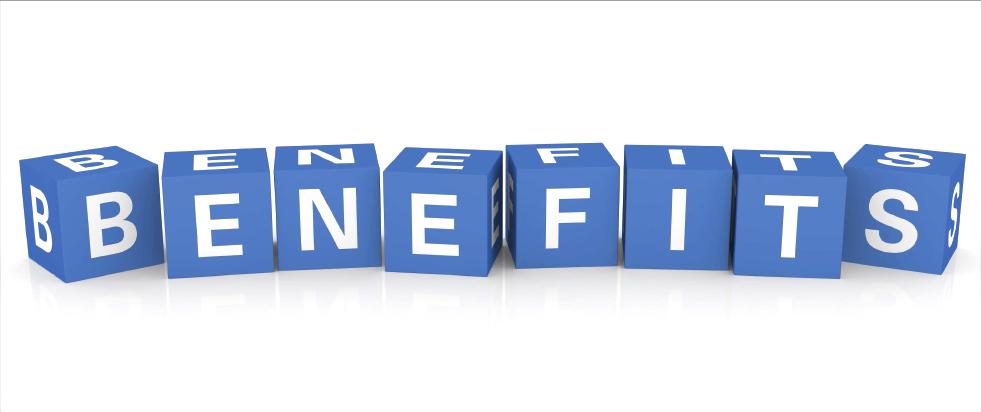
2 minute read
Benefits Corner
Holiday Stress and How You Can Cope
2020…Will it ever end? It’s here. The holiday season is upon us and on top of all the other issues we are dealing with, now we must consider the stress of how we celebrate our biggest annual holidays.
As educators, you put your students first. Pandemic? No problem…You continue to figure it out. Are your kids learning? Will they be prepared to advance their education? No doubt, these are stressors and they’ve put a lot of pressure on each of you.
In the past, the holiday season may have marked a “break”. It could have been viewed as a time where you could take a deep breath, focus on your family, hit reset, and re-energize for the new year. This year is different. With another wave of what seems to be a never-ending pandemic, you have decisions to make as it relates to your “break” …the holiday season. Do you invite extended family into your home? Do you travel? Do you attend the annual holiday party? Do you shop online?
Stress, anxiety, and depression are all real and have likely impacted us in some way over the past several months. Did you know that there is a diagnosis for Seasonal Affective Disorder? How do you know if you are experiencing it? Symptoms include: sadness, loss of interest in activities, changes in appetite or eating habits, changes in sleep, loss of energy and, in severe cases thoughts, of suicide. Paired with the ambiguity related to Covid-19, we…or someone around us, is at risk.
So, how can you begin to cope with the probability of facing further isolation? How can you help someone near you cope? Here are a few things to consider:
1. You must maintain contact with your support group. We’ve all used video chat and more phone calls over the past several months to do our jobs. Don’t lose sight of their value when maintaining social contact.
2. Stay active…Exercise. Don’t wait to make a New Years Resolution this year. Start now and start moving.
3. Continue exercising your mind. Try to keep building upon your skills or learning and participating in new hobbies. Find a sense of accomplishment.
4. Whether it’s cold or not, get into the sunlight. Get a breath of fresh air. Do it daily during your “break.”
Lastly, be willing to seek help if you notice that the symptoms you or someone near you are experiencing are having a negative impact on your day-to-day functioning. Keep an eye on relationships, work habits, etc. Ask your district employee benefits contact about access to your Employee Assistance Program. It is designed to offer many services, one of which is mental health services.
Column Provided by: Shane Pennington, Regional Sales Executive, Educational Benefits, Inc.







